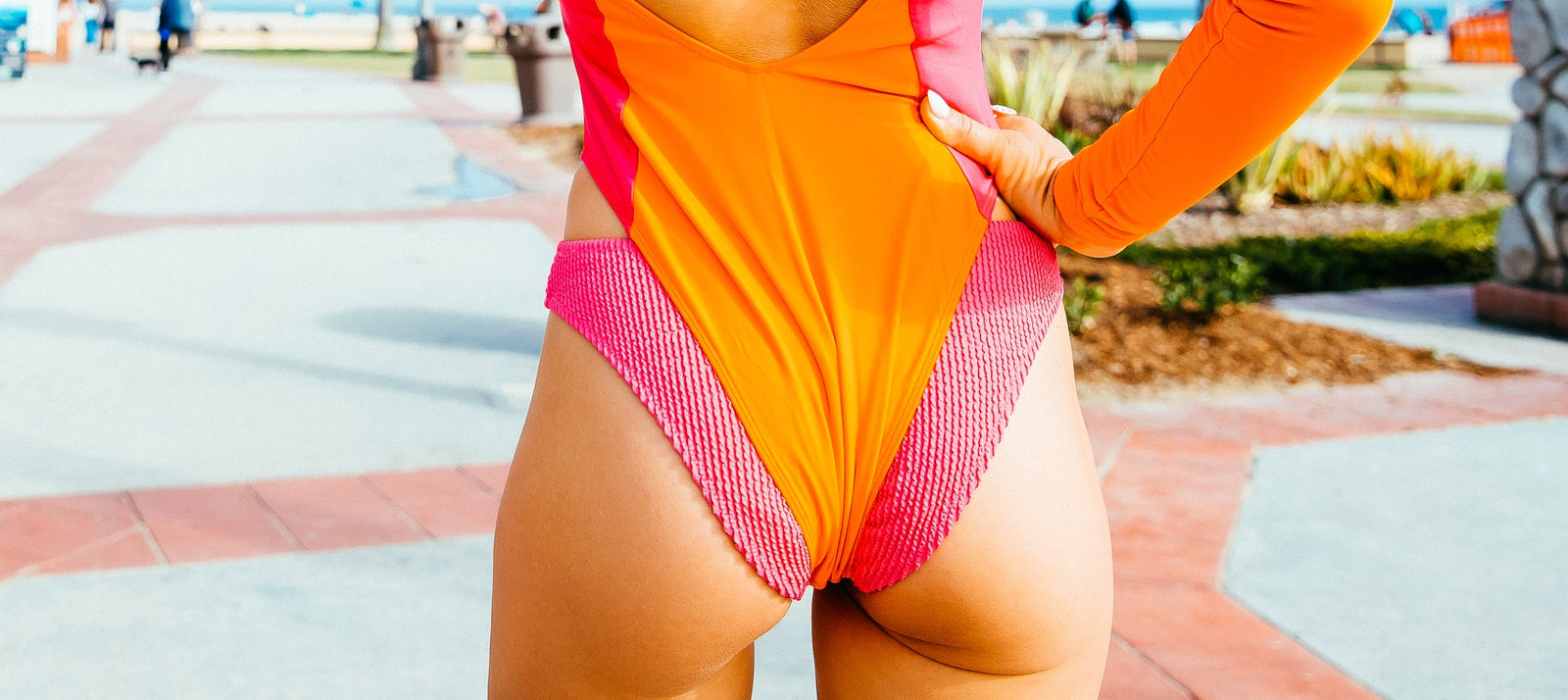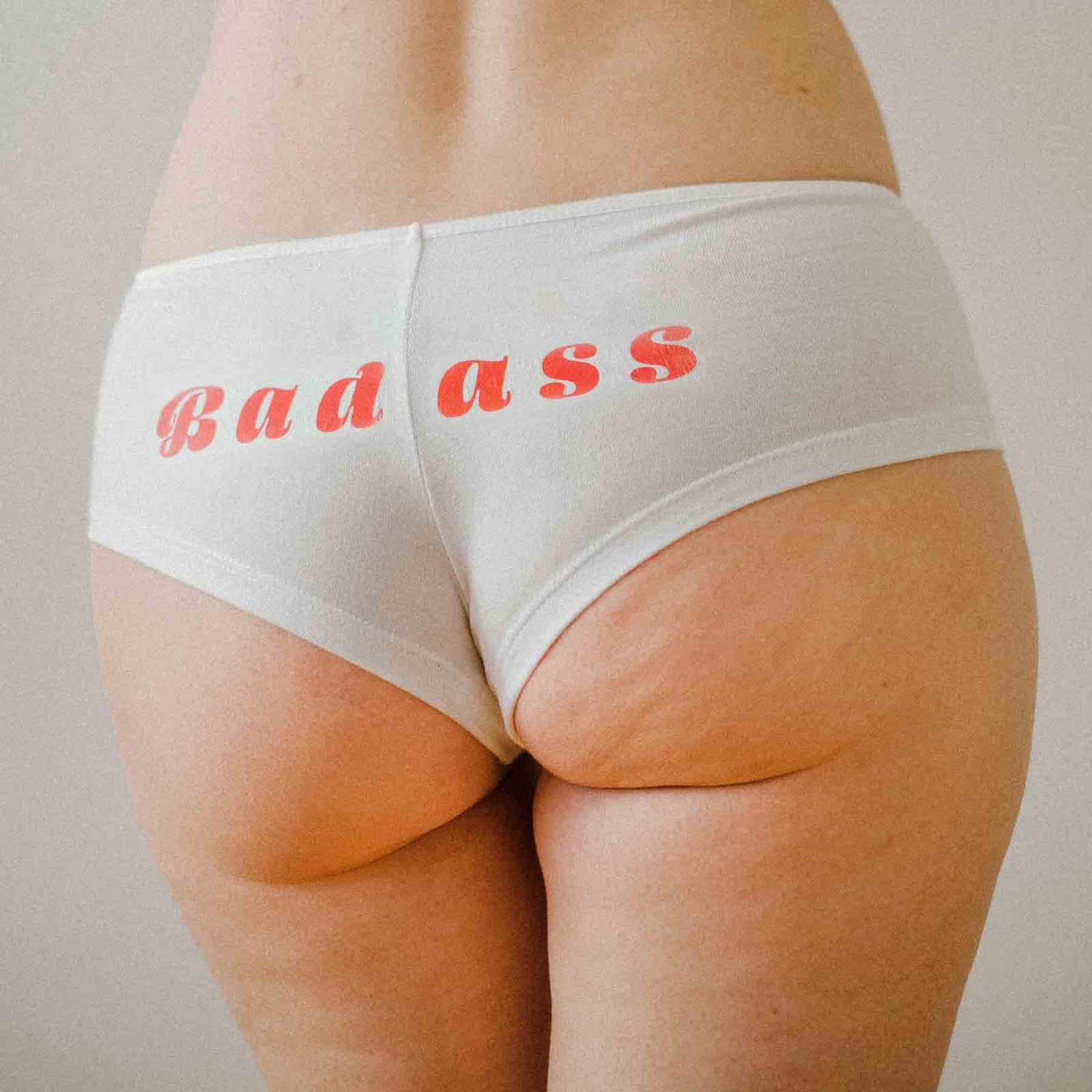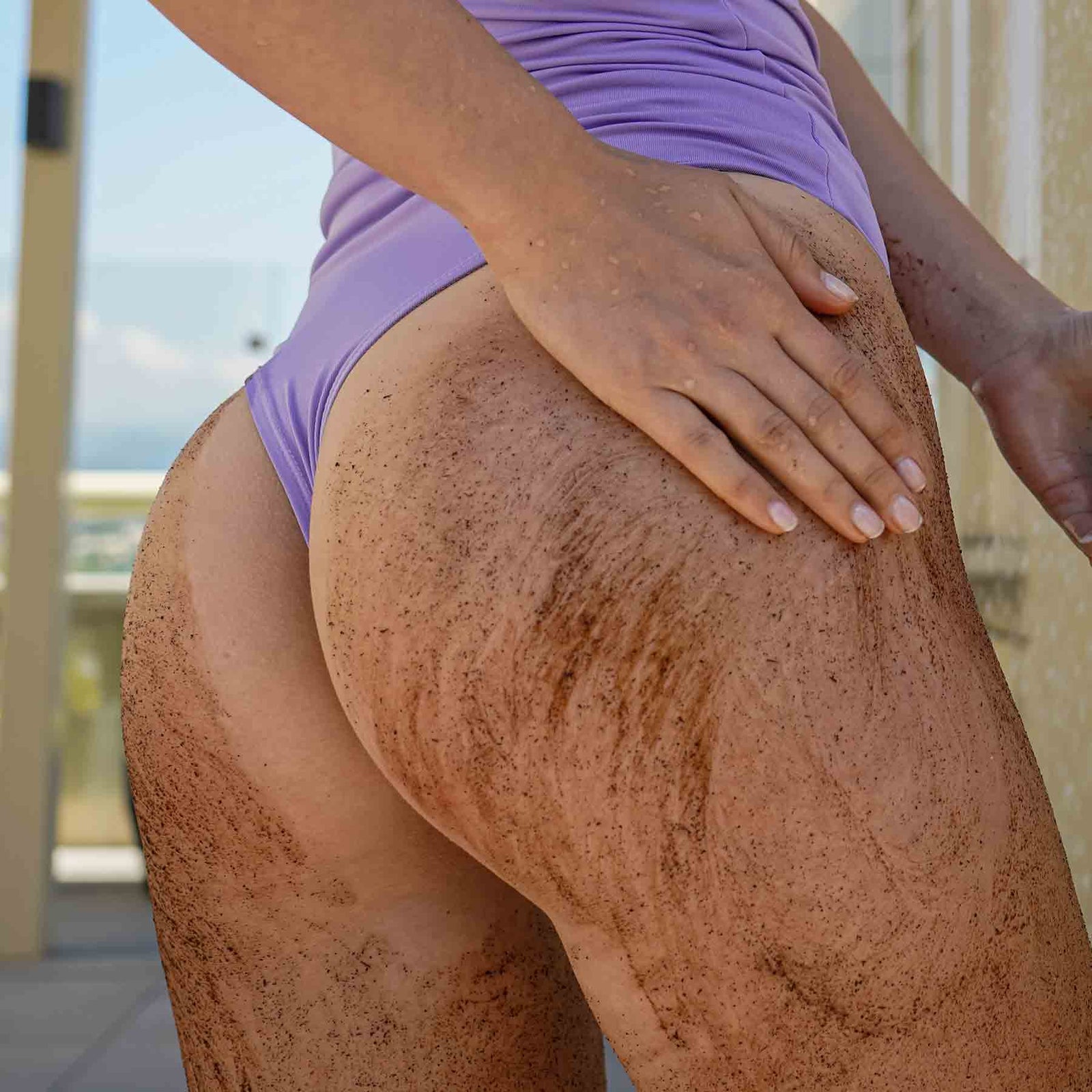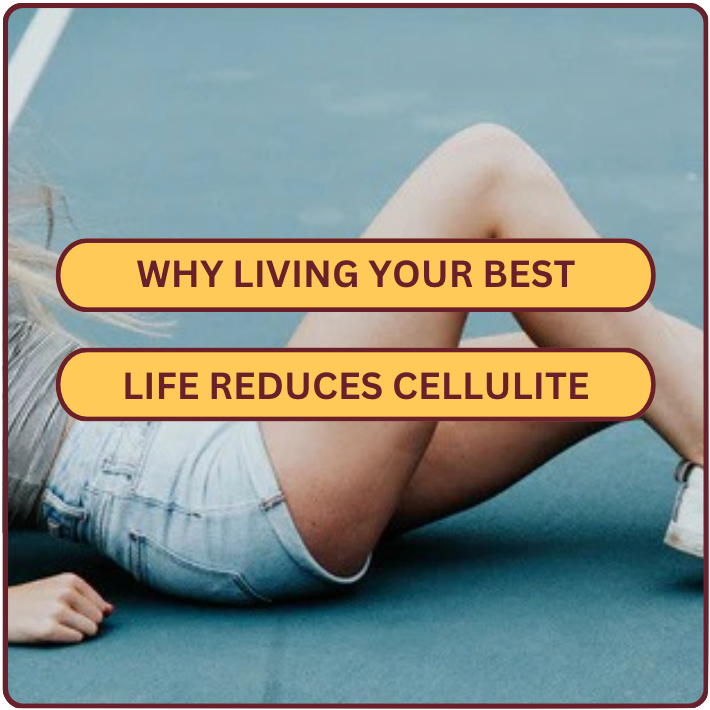Add description, images, menus and links to your mega menu
A column with no settings can be used as a spacer
Link to your collections, sales and even external links
Add up to five columns
Add description, images, menus and links to your mega menu
A column with no settings can be used as a spacer
Link to your collections, sales and even external links
Add up to five columns
Reclaiming The Curve
October 30, 2024 3 min read

If you’re a person with a body, you’ve likely felt conflicted about your physical appearance at some point in your life. Whether you saw yourself as too large or too small, too curvy or too straight, too dimpled, rippled or round, you believed you were too much or not enough, and it likely affected your sense of self.
It’s easy to write this off as “growing pains” and “part of life”, but its effects can be much more permanent. Starting at a very early age, we are inundated with messages and misrepresentations about beauty and ideal body types through the media, and it informs the way we think about ourselves and the world around us. We develop an internal narrative that shapes our lives, from our self esteem and judgements to how we show up in our most intimate relationships and our ability to set personal boundaries.
In her book You Have the Right to Remain Fat, author Virgie Tovar suggests that there is a cultural bias towards certain body types that is perpetuated on social media, TV, and film, and she shares how it affected her young life:
Yes, I dieted because I believed that it was only through weight loss that I could deserve to travel, wear cute clothes, and go on lots of dates with people I was hot for. But more than that, I wanted the stuff that those things represented: happiness, love, joy, and most importantly freedom. I was trying to starve my way into freedom. I was taught to believe that weight loss was the key to all of my heart’s greatest desires, but the truth is that it wasn’t. Because you can’t find self-love by walking a path paved by self-hatred (Tovar 110).
As a Gen X founder, I vividly remember the Twiggy-inspired ads of my youth and the heroine-chic supermodel phase of my teens. Those images were brandished into my brain and took up residence in my emotional memory. They influenced how I dressed, what I ate, and what I believed about myself when I looked in the mirror.
But today, I also see how the pendulum is swinging, with broader representation of body types across the media landscape. I see how the #bodypositivity movement has given the spotlight to more diverse talent. And I recognize that this movement, however personal, isn’t just about our individual struggles with body image, but a beautiful invitation for a cultural shift towards greater acceptance, understanding and emotional safety for people of all shapes and sizes.
BABZ was born out of my journey with body image, and my love/hate relationship with my humanness. Like many women, I am a walking contradiction. I feel confident in general, and insecure about specific things. I feel empowered, and I also compare myself to others from time to time. I love my life, and I also seek to optimize aspects of myself. I am radically accepting of other women, yet I struggle to accept some of my own flaws. I am a work in
progress.
As an emerging beauty and healthy lifestyle brand focused on cellulite, BABZ isa resource for women on the journey of self-acceptance, self-love and self-actualization. BABZ is not a one-and-done solution to remedy body image issues, and nothing ever will be. We are not anti-cellulite, anti-curve or pro-perfection. In fact, quite the contrary. We are here to reframe cellulite, reclaim the curve and dismantle the idea that perfection ever existed in the
first place. Imagine the freedom and love we’ll all feel when we see ourselves and each other as enough, just as we are.
Xoxo,
Raquel

Also in News

Dimples Overnight: What Causes a Sudden Increase in Cellulite
January 08, 2025 4 min read
You’ve just woken up and dove headfirst into your morning routine. You headed to the kitchen to grab your morning coffee, maybe went for a...

8 Powerhouse Ingredients To Get Rid of Cellulite on Buttocks and Thighs
December 13, 2024 3 min read
90% of us have cellulite. That’s the facts, but it come with questions. What causes cellulite, how does it form, and - probably the most...

Why Living Your Best Life Reduces Cellulite
December 04, 2024 3 min read
There’s no way around it: there are no quick fixes to cellulite removal. It takes commitment and consistency to a healthy lifestyle to dissolve those dimples on your derrière, and even then, ongoing treatments may be needed..

Welcome to BABZ!
Subscribe for sneak peeks at new collections, discounts, and early access to flash sales!
